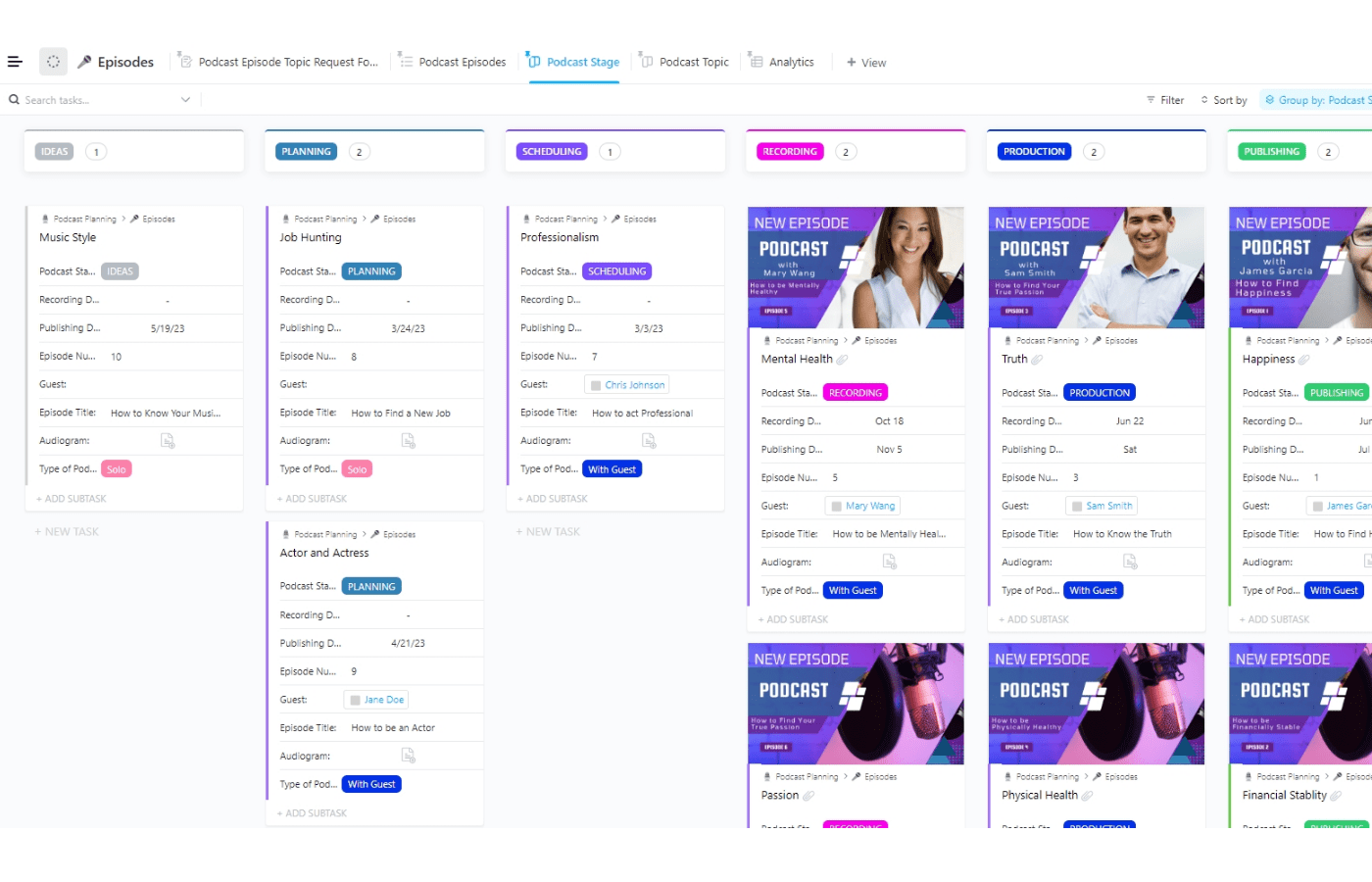
Think about a messy bunch of rope, and you have been asked to unwind and arrange it. Project managers do this – not literally though. They organize the processes and makes sure that the mess is ridden miles away. Still not sure about the roles of a project manager? Let’s dive deeper and explore how the project manager handles each stage of the app development process and manages the resources effectively.
Project Overview
When the baton is handed over from the sales team to the project development team to create a mobile app, the following people come into the game: Business Analyst, Project Manager, UI/UX Designers, Front-end and Back-end Developers, and Testers. Each person understands the project inside out to get the perfect outcome of the final product. The customer explains to them what is in his mind and then from there the project manager takes up the process forward. He puts ultimate care in effort estimation, cost estimation, size estimation, duration estimation, project staffing, quality assurance, and delivery.
Role in Estimations
The project manager analyses the project and understands the effort, cost, duration and size required. He then conveys this to the customer and gets his consent. The Project Manager(PM) will be the point of contact between the company and the customer once the project is initiated. He handles the escalations and receives the appreciations. As a whole, PM acts as a mitigator in many situations.
Role in Project Staffing
Once the estimations are ready and accepted by the customer, the next task is to add members to the project. The various tasks are assigned to the developers and designers after confirming availability or time slots are assigned so that every project can be delivered on time.
Role in Coordination
The PM coordinates each stage of the mobile app development and promptly communicate the progress with the customer. He set targets and make sure that they are met on time. He motivates the team and keeps the customer informed. Another major task is to keep the team on track. They might deviate from the set goals, and this is when the PM brings them back on track by scheduling a meeting or mail. The PM also makes sure that the team members utilize their skills to the maximum and effectively.
Role in Mitigation
When it comes to dealing with the customer, the slightest slip of the tongue might turn the whole thing upside down, so utmost care and delicate handling is demanded. The PM plays the role of a mitigator when escalations happen. He should be able to predict future risks and mitigate them beforehand. And if any unexpected risks show up, PM handles them in such a way that it doesn’t become a burden for both the parties. In short, PM is a buffer who contribute a major share in the smooth relationship between the customer and the company as described in this article.
Role in Quality Check
Quality output is one of the fuels which drive in sales. The PM makes sure that the final product when produced in front of the customer is free of bugs and user-friendly. Above all the customer should feel that their project was given to the right and safe hands. Testing the app at every stage of its development will help the team to keep the bugs in check. Thorough quality check will promise a world-class product as an output.
Role in Timely Delivery
The PM sets goals for each stage of project progress and confirms that they are achieved. He gives awareness to the team about the importance of timely delivery and quality works. Also, it is the PM’s duty to make sure that his team members are not being overburdened with tasks they cannot handle.
Despite all these responsibilities, some project managers just explain the basics and leave the rest to the team. This is not something a good project manager will do. A good project manager will guide his team with the information collected from the customer and makes sure that they get the complete picture of the project they are working on. Anyone can be a project manager if they understand the process and a basic skill set. But to be a good project manager, one should take extra effort and dedication.
Concluding, let’s state that being a project manager is not that easy as it seems to be. He or she should be good at handling people and solving situations. To be a mitigator and to motivate your team to achieve the expected results is a skill set which will take you to heights where your colleagues respect and seek your advice. A project manager may not be a technical person, but he will learn things once he has aligned himself with the requirements of the customer as well as the employer. As explained in this article, the technical, problem-solving, interpersonal, and organizational skills are very important to be a good project manager. In this competitive world, surviving is possible only through upgrading once the skill set. This is applicable for PMs as well.





